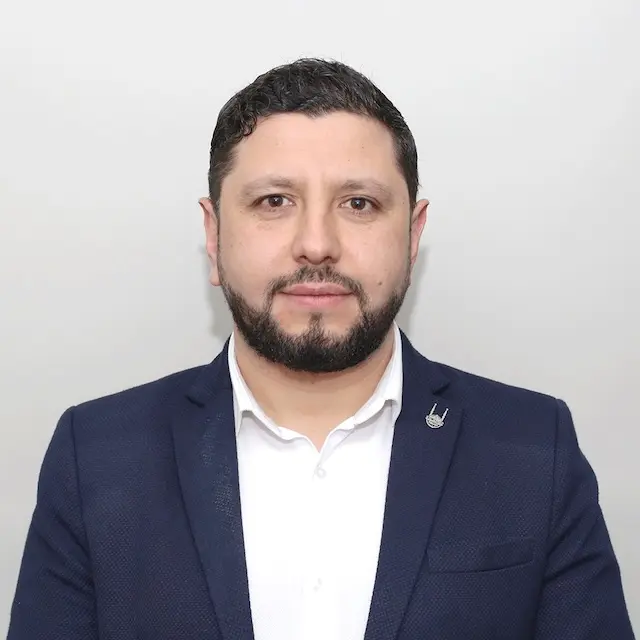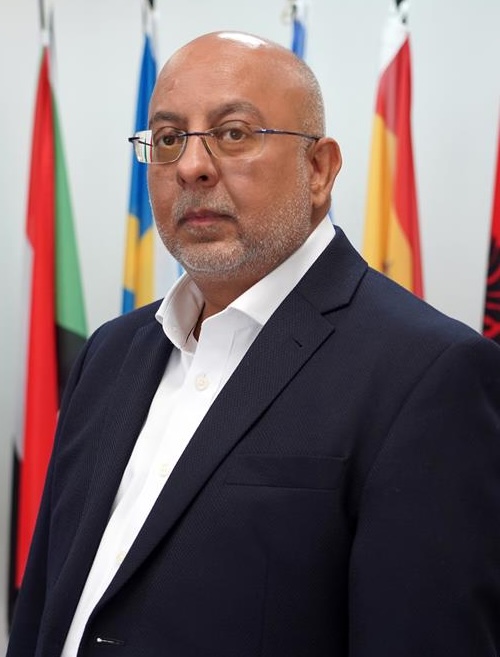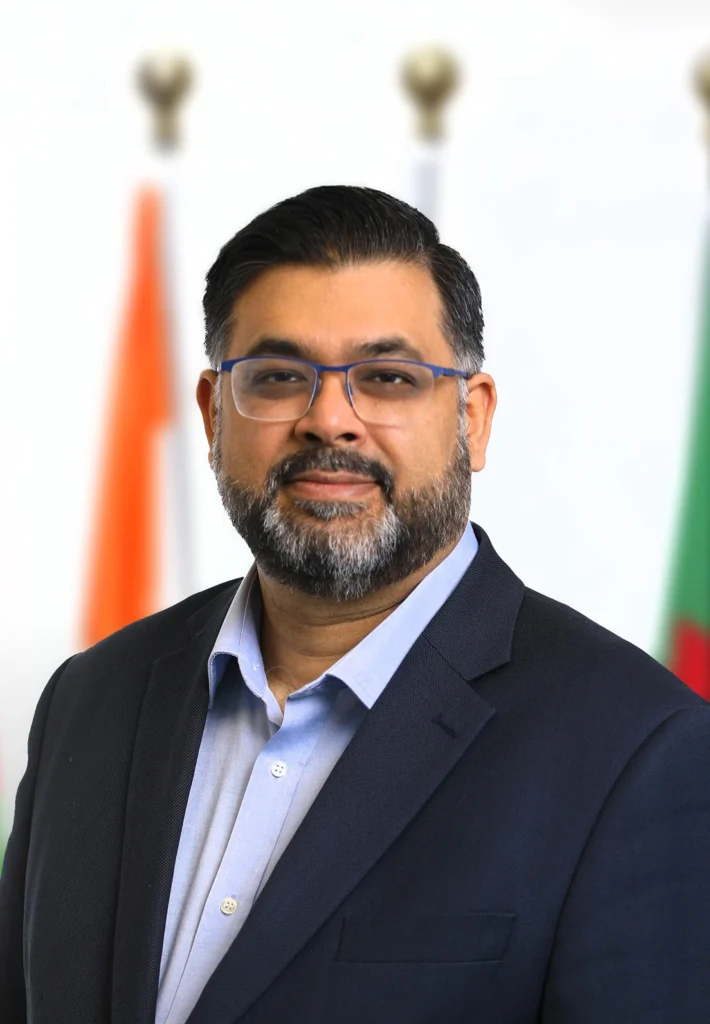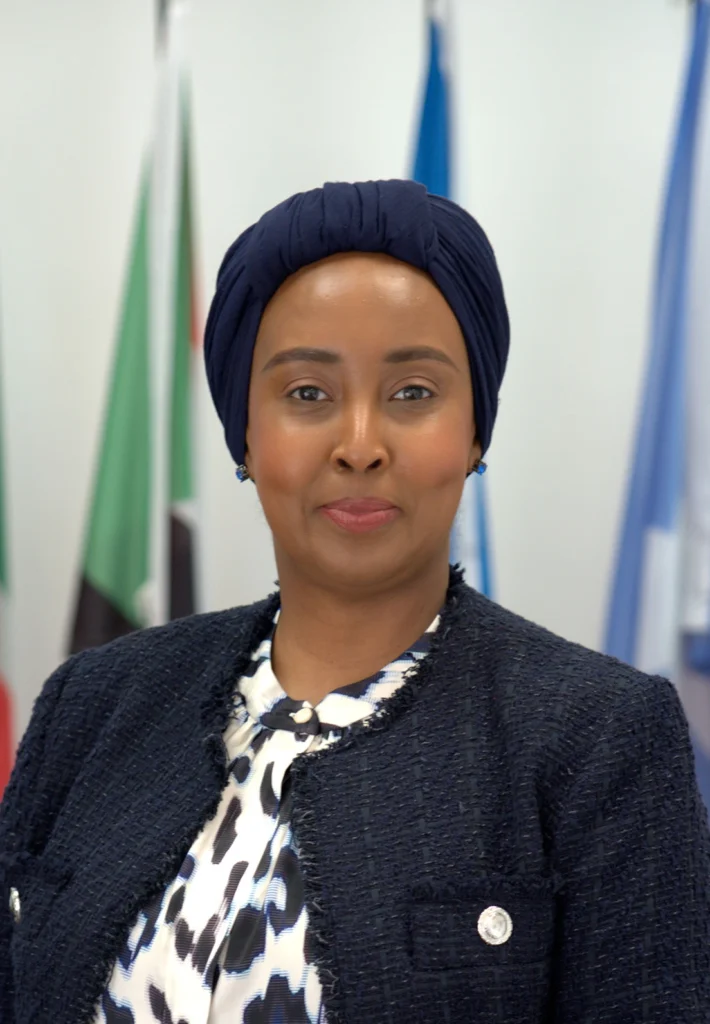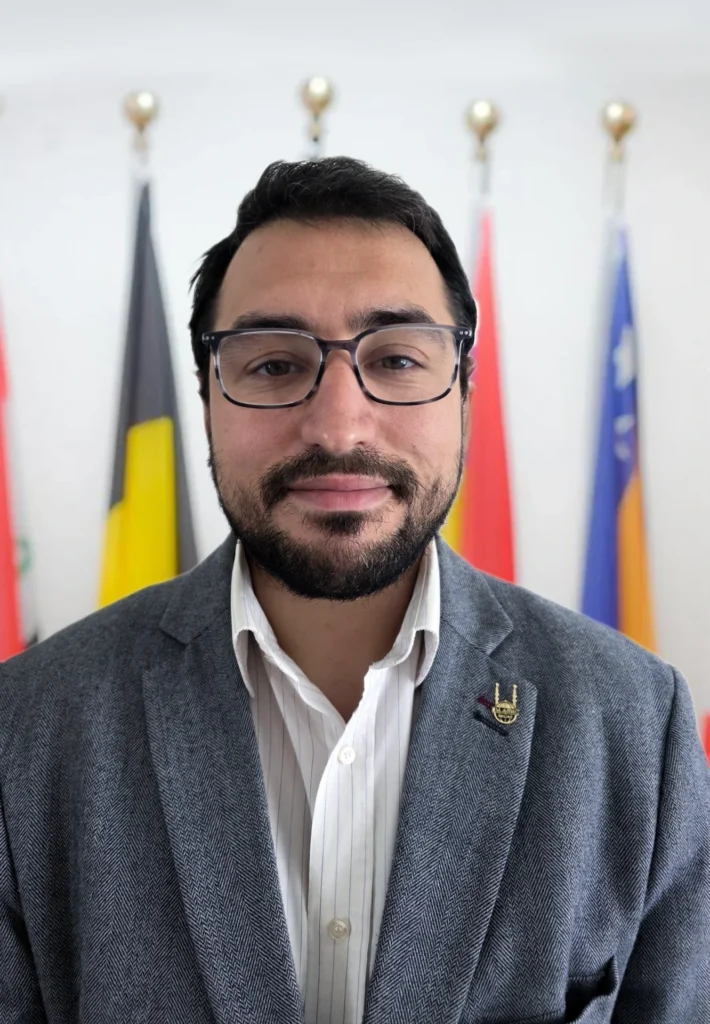Around the world, many people struggle to access healthcare. An Islamic Relief project in Yemen is helping to transform lives in a country where the decade-long crisis has put immense strain on the healthcare sector.
Facilities are critically under resourced, and workers are in short supply thanks to low pay and mass displacement. Yemen has only around 10 healthcare workers per 10,000 people – far below the World Health Organization’s benchmark of 22 per 10,000. Sixty-seven of Yemen’s 333 districts, have no doctors at all.
Many health facilities are largely non-functional, with only 50% across the country fully operational. Since the escalation of the crisis in 2015, there have been more than 160 confirmed attacks on healthcare centres. The results of such violence – deaths of staff and destruction of facilities – further lessen the healthcare sector’s ability to meet the needs of Yemenis.
All this combines to exacerbate a health crisis in which vulnerable people, particularly children, are dying from preventable diseases at alarming rates. Malnutrition is also a major issue among children, with nearly 50% of under-fives suffering moderate to severe forms.
A multi-faceted approach to meeting needs
In late 2022, Islamic Relief began supporting 4 district hospitals in Hodeida and Amran governates.
The project, which concluded in November 2024, saw Islamic Relief give funding, training and equipment to the facilities, which provide services including general consultations, surgeries and emergency care.

At the start of the project, we launched a training programme for healthcare workers to boost their skills in maternal and new-born care. As part of the training, the 100 participants received monthly incentives to boost retention. Staff also began community outreach programmes to raise awareness around health in more remote areas, reaching communities that are typically underserved.
Throughout the project, we monitored local cholera outbreaks, making urgent deliveries of cholera medicine when case numbers rose in 2024.
We also provided furniture, such as desks and cabinets, to professionals working in more remote areas, creating a more comfortable environment for staff and patients. With comfort and safety in mind, we also trucked clean water to facilities and supplied them with cleaning materials.
More and better services for communities
The project led to significantly improved community access to healthcare, as well as improvement in the quality of the care itself.
Evaluations revealed an uptick in the number of people using healthcare services at the facilities we supported, as well as an increase in patient satisfaction with these services.

By the project’s conclusion, more than 268,920 people had received care, and more than 1,979 surgeries had been carried out.
Prior to the project, none of the 4 hospitals involved were able to provide 24/7 care due to differing levels of staff skills. However, after staff completed trainings, all 4 facilities were able to deliver around the clock care.
This increase has led to reduced mortality and morbidity rates among communities, while testimonials from healthcare workers highlighted improved patient outcomes.
Islamic Relief has been supporting the people of Yemen since 1998. Please help us to continue this vital work. Donate to our Yemen Emergency Appeal now.








